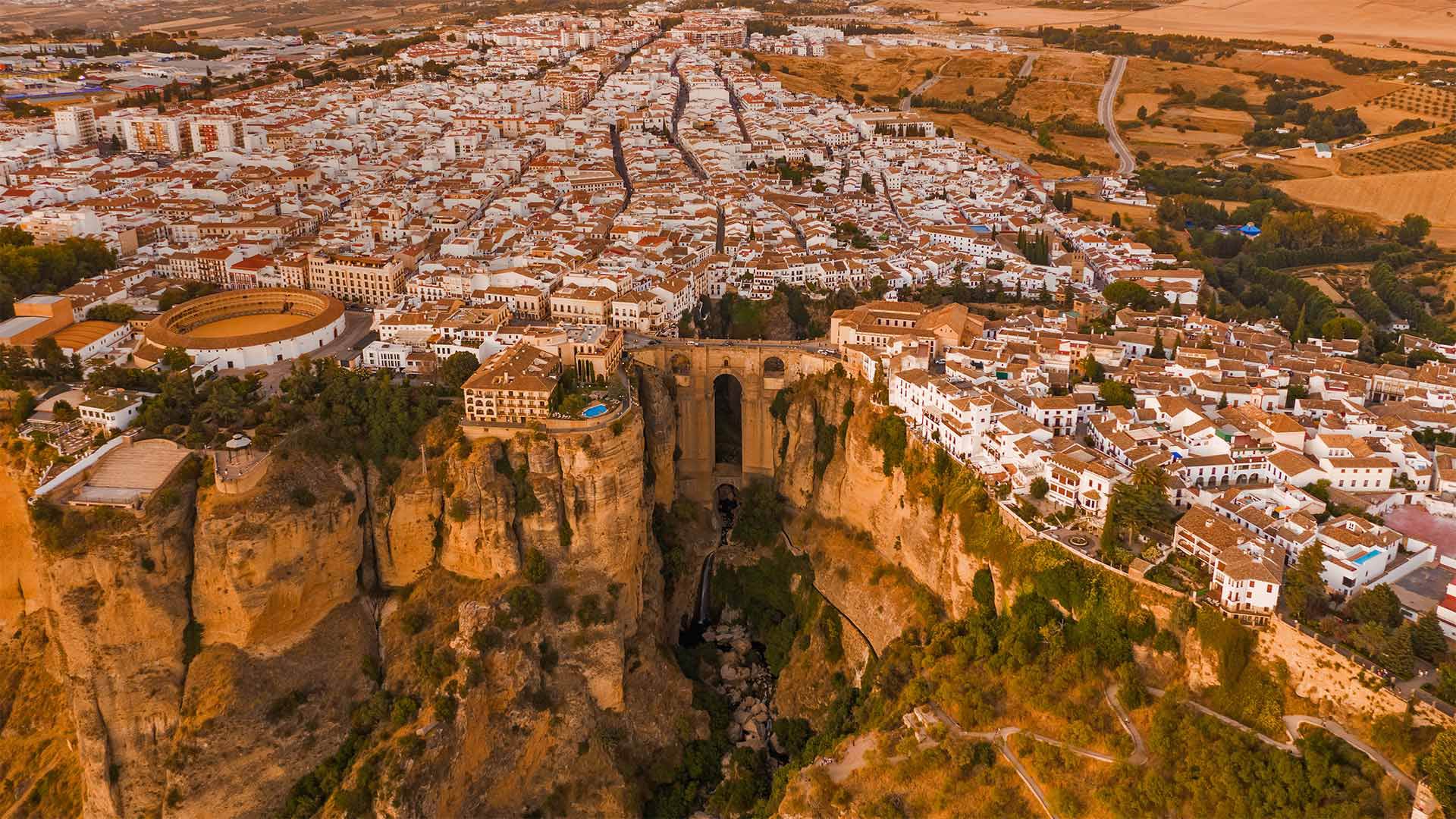Translation is not just about converting words from one language to another. It is an art that requires a deep understanding of both languages, as well as an appreciation for the nuances and cultural differences that exist between them. The ability to effectively bridge language barriers is essential in today’s globalized world, where communication and understanding across different languages is crucial for success.
One of the main challenges in translation is capturing the true meaning and intent of the original text. This requires the translator to not only be fluent in both languages, but to also have a strong grasp of the cultural and contextual elements that may impact the meaning of the words. A word-for-word translation can often lead to confusion or misinterpretation, so a skilled translator must be able to convey the underlying message in a way that resonates with the target audience.
In addition to linguistic and cultural knowledge, a good translator must also possess a high level of creativity and adaptability. This is especially important when dealing with idiomatic expressions, puns, or other language-specific elements that may not have direct equivalents in another language. Finding the right balance between staying true to the original text and making it accessible and meaningful in the target language is a delicate art that requires both skill and intuition.
Translation is not just limited to written texts. It also plays a crucial role in spoken communication, such as in the field of interpretation. Interpreters must be quick thinkers and have excellent listening and speaking skills in order to accurately convey the message from one language to another in real time. This type of translation is particularly challenging, as it requires the ability to think on one’s feet and maintain accuracy under pressure.
The importance of effective translation cannot be overstated. It enables individuals, businesses, and governments to communicate and collaborate with people from different linguistic and cultural backgrounds. It facilitates the exchange of ideas, the sharing of knowledge, and the building of relationships across borders. Without skilled translators, the barriers created by language differences would be insurmountable, impeding progress and understanding in both personal and professional realms.
Ultimately, the art of translation is about fostering mutual understanding and connection between people of different languages and cultures. It requires a deep respect for the inherent richness and diversity of language, as well as a dedication to preserving the essence and integrity of the original message. As the world continues to shrink through globalization and technological advances, the role of skilled translators in bridging language barriers will only become more essential in fostering meaningful and effective communication.






